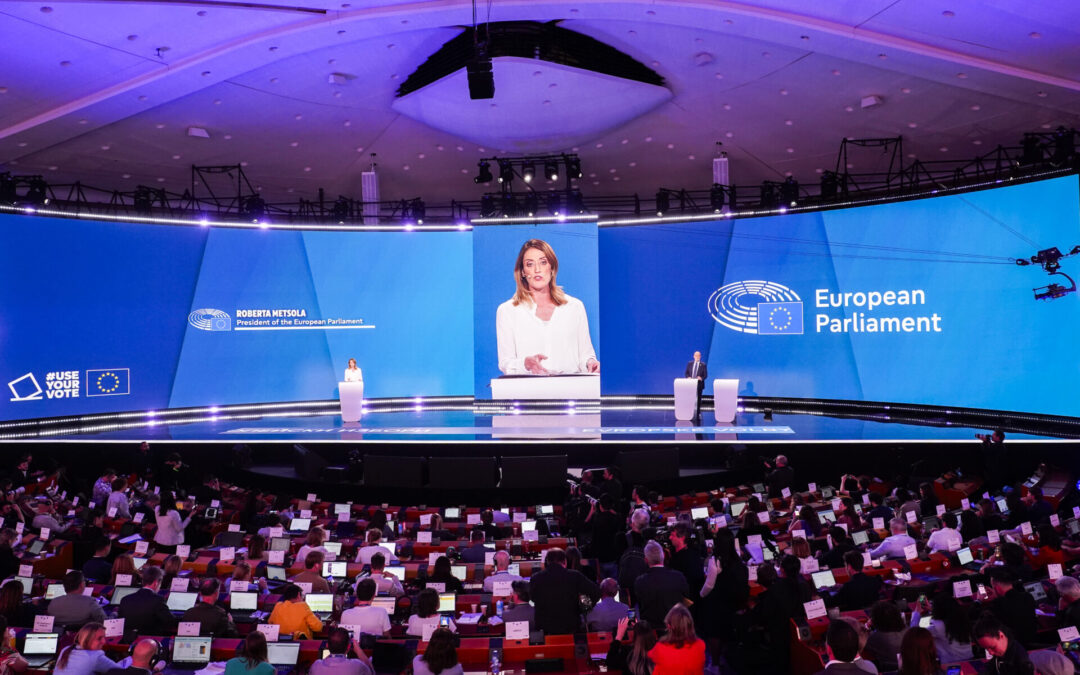The PS and the Liberal Initiative were the winners of Sunday’s elections in Portugal, which were marked by the defeat of the far-right Chega in contrast with the majority of other countries in the European Union.
Despite losing a MEP compared to 2019, electing eight of the 21 MEPs, the PS managed to strengthen its result by 160,000 votes, winning in 11 of the 18 districts and surpassing the vote of the Democratic Alliance (PSD-CDS-PPM), which had won the legislative elections held three months ago.
However, the socialists won with a minimal margin over the DA (less than 40,000 votes and one percentage point), which does not allow them to harbor the expectation of a return to power in the short term following a hypothetical political crisis caused by the rejection of the State Budget for 2025.
Another winner in the European elections was the Liberal Initiative, which will debut in the European Parliament with two MEPs, after garnering more than 357,000 votes and almost doubling the percentage result of the March legislative elections (9% versus 4.9%).
The big defeat of the election night was for the Chega party, which after making a sensation in the legislative elections three months ago with 18%, now dropped to 9.8% and failed its repeated campaign goal of electoral victory, as stated by its leader, André Ventura.
The defeat of the Portuguese far-right occurred in contrast with many European countries, notably in France, where the victory of Marine Le Pen’s National Rally led President Emmanuel Macron to announce the dissolution of the National Assembly and call for early legislative elections.
Another loser of the night was PAN (People-Animals-Nature), which lost its representation in the European Parliament.
On the left, BE and CDU (PCP-PEV coalition) each lost one MEP, but maintain representation in the European Parliament, which during campaign polls was given as lost. Livre also failed in the election and is another loser in the European election.
The European election also opens the prospect of the election of the former Prime Minister António Costa as President of the European Council, which should fall to a socialist.
The European elections were also marked by a decrease in abstention to about 63%, six percentage points less than five years ago, to which the possibility of mobile voting that allowed voters to vote in an assembly of their choice in the country or abroad may have contributed.
 go to the original language article
go to the original language article
This article has been translated by Artificial Intelligence (AI). The news agency is not responsible for the content of the translated article. The original was published by Ivone Gravato / José Pedro Santos.
